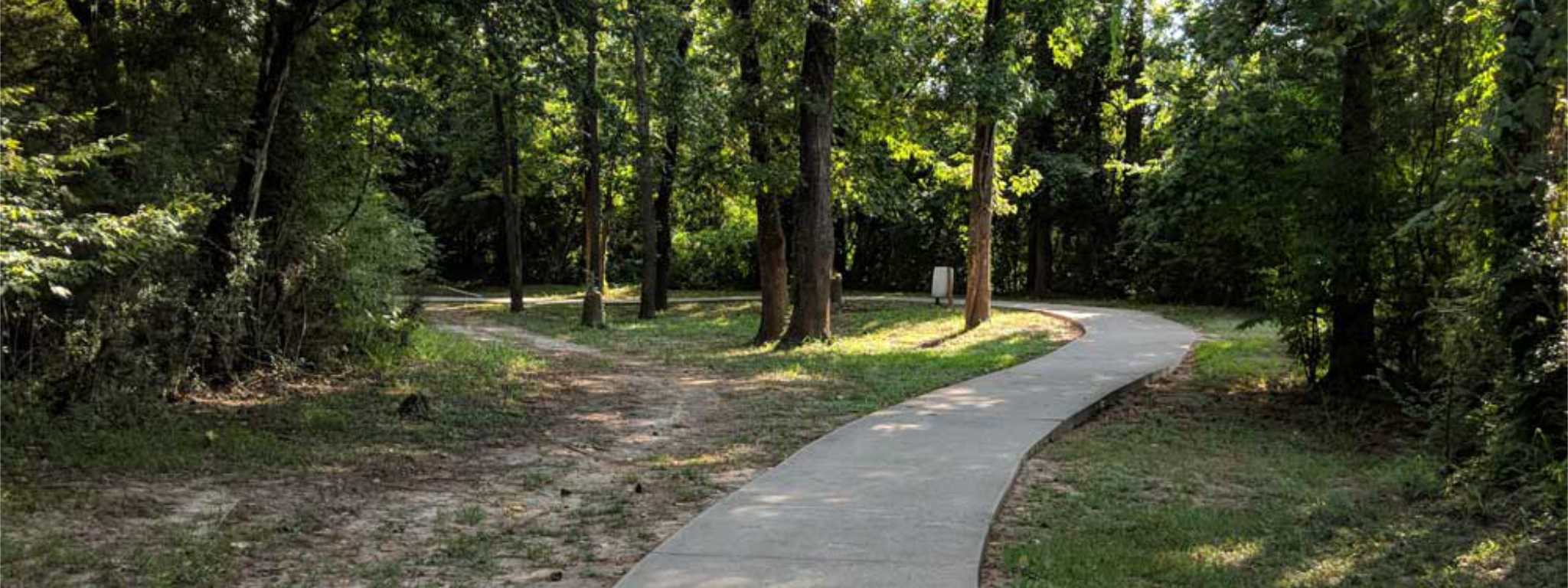Residents of Newport MUD,
One of the major issues all wastewater treatment facilities run into due to solid waste is clogged pipes and damage to the solid waste grinder. Clogged pipes, damaged solid waste grinders and broken pumps are not only inconvenient for all residents, but all can be very costly to repair. The District’s goal is to minimize repair and maintenance costs by helping residents understand what is and is not safe to flush.
Residents can help keep the District’s wastewater treatment facility working properly by being aware of what they are flushing down their toilets and drains each day. Here is a simple list of items that should NOT be put down the drain or flushed down the toilet:
- “Flushable” Wipes – This might be confusing because of the name but “flushable” wipes are not actually flushable. These types of wipes easily get caught in the wastewater treatment plant screens and filters which can result in costly repairs for your District. The best thing to do with these types of wipes is to dispose of them in a waste receptacle in your home. Examples of wipes: (baby wipes, makeup remover wipes, all-purpose cleaning wipes, adult wipes)
- Hygiene Products – Products such as tampons, feminine pads, Cotton balls or Cotton Swabs (Q- Tips), and dental floss are all examples of things that should not be flushed down the sink or toilet. These products can easily clump together causing major clogs in the wastewater treatment system. The best thing to do with these products is to dispose of them in a waster receptacle in your home.
- Cooking Grease/Food – While cooking grease and other foods look harmless to send down the drain, they can congeal and clog up your pipes. The best thing is to carefully collect grease in a glass jar and either dispose of it in a waste receptacle or keep for further use.
In conclusion, the only things which should be flushed down the drain or toilet are wastewater, toilet paper and human waste. By following these simple guidelines, residents can save numerous amounts of expenses for their wastewater treatment facility each year. If you have any further questions, please feel free to contact the District through our “Contact” page.
Think your neighbors would be interested in knowing what not to flush? Share this to social media!
*This article was edited and updated on 5/8/2020

